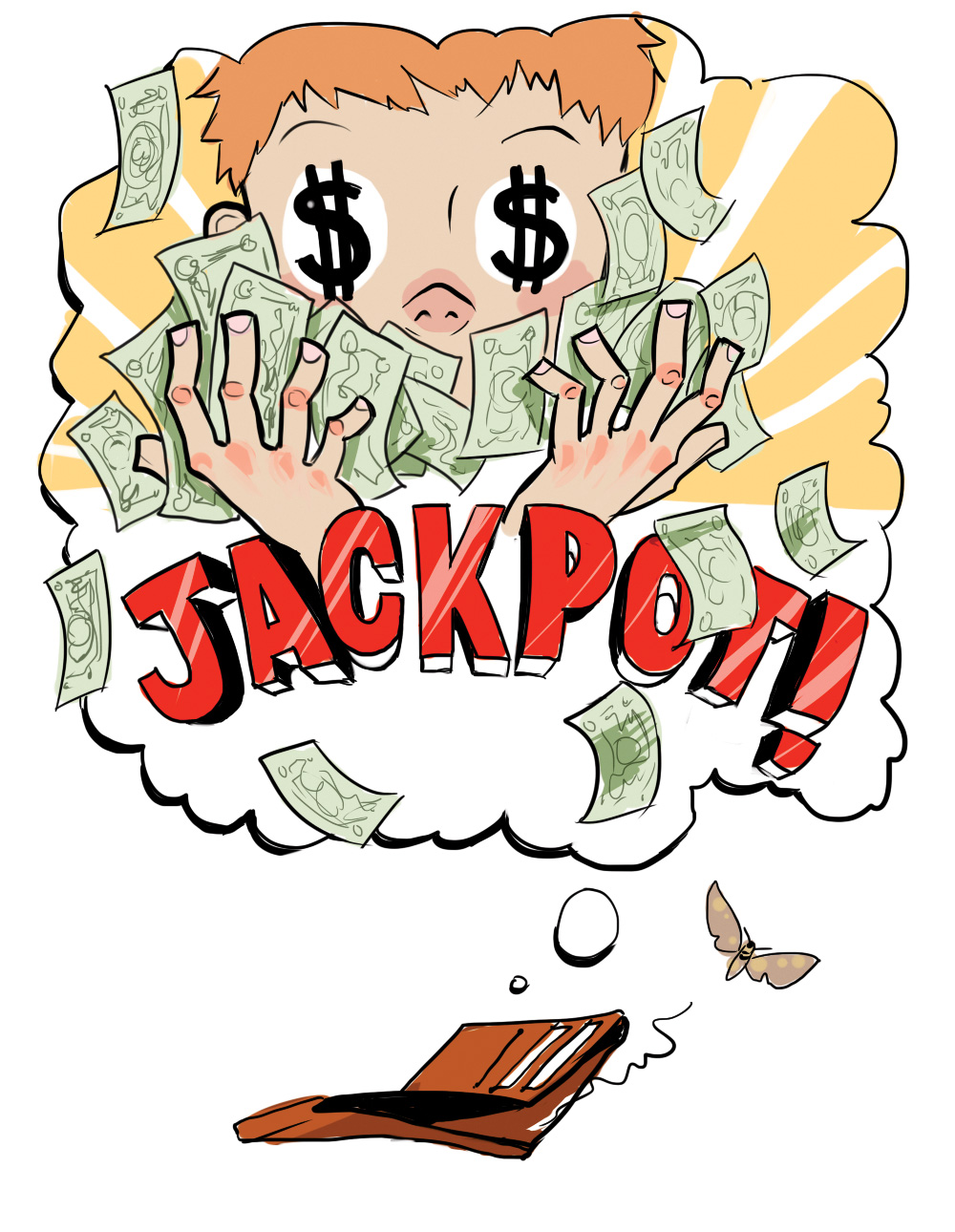
Michelle Nuñez Alvarez
If you’re reading this, I think it’s safe to say that you’re not one of the winners of the $1.3 billion dollar Powerball jackpot. It’s okay, neither am I.
On Wed., Jan. 13, the winning numbers that everyone hoped were stamped on their tickets were: 8, 27, 34, 4, 19 and 10. Yes, tickets as in plural. After no jackpot winners were announced after the drawing on Jan. 9, the jackpot rose to a record-breaking $1.3 billion. My friends started posting on Instagram their countless purchased tickets and tweeting “I just spent $50 on lottery tickets #PrayIWin.” I pray you do too, “best friend.” Obviously, they didn’t win, and let’s face it, with countless people purchasing an abundance of tickets, your odds of winning aren’t even worth doing the math for.
So if the odds aren’t in one’s favor, what’s the point of buying tickets? Growing up with a father who purchased lottery tickets on a daily basis and seeing no profit, my mentality on scratchers and lottery tickets can be summed up in one word: waste. Why waste money (whether it be weekly or daily) on something so unpromising?
I had decided that despite the frenzy, I was not going to purchase a ticket. Although it was only $2 to participate, I thought I would be better off spending it on a Costco hotdog, because I know I’ll win there. But on the day before the draw date for the staggering $1.3 billion, I thought, “What if I win?” Although I have been over the age of 18 for three years, I thought that my first lotto ticket should at least be a try for the $1.3 billion, and if I were to win, it would make a great story to say, “This was my first time.”
The question that then rises is: is the lottery healthy and fun, or addicting and money wasting? The ideal answer would of course be fun. But one could assume that a family who purchases lottery tickets on a daily basis is perhaps not being financially responsible with their expenses, and that’s the problem with lottery tickets. All the money accumulated throughout years of trying to win the worthy jackpot could add up to a substantial amount where the money could have been invested more wisely elsewhere.
But the answer as to why we continue to purchase and chase the dream of winning the lottery comes down to hope. Hope is the feeling that embraces us when we fill in our lucky numbers countless of times at our local convenience store and as we patiently wait on our couches for the numbers to roll down one by one on the big screen. If you bought a ticket, whether it was just because everyone was doing it, you can’t say that for at least one second, you didn’t stop and think, “What if?”